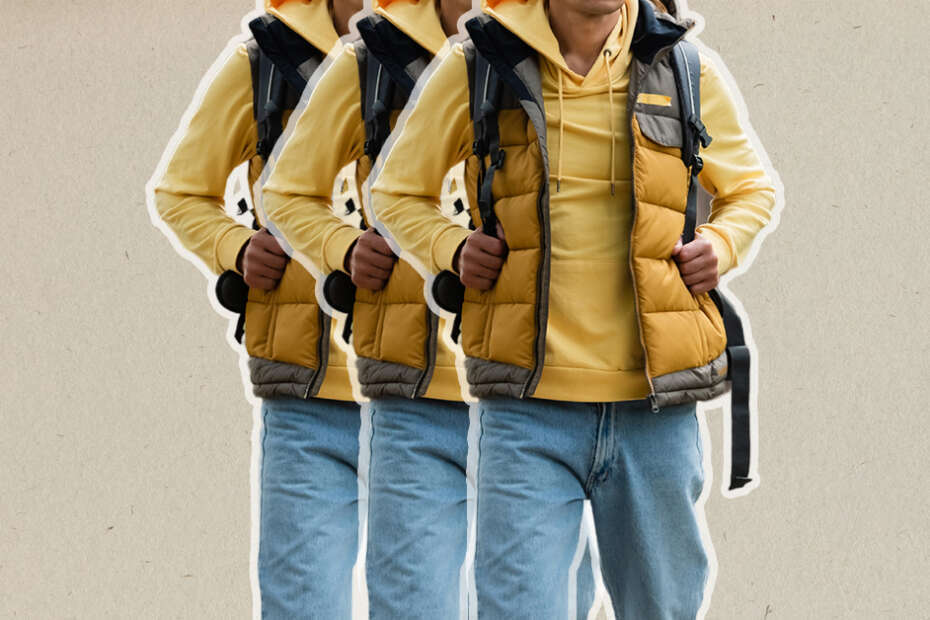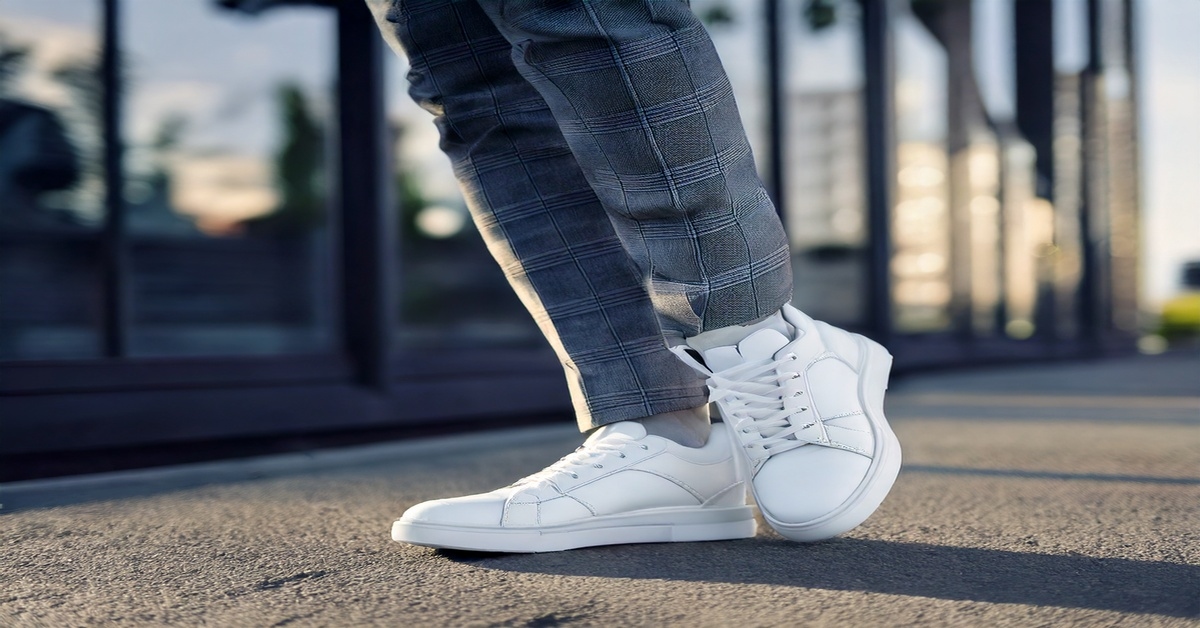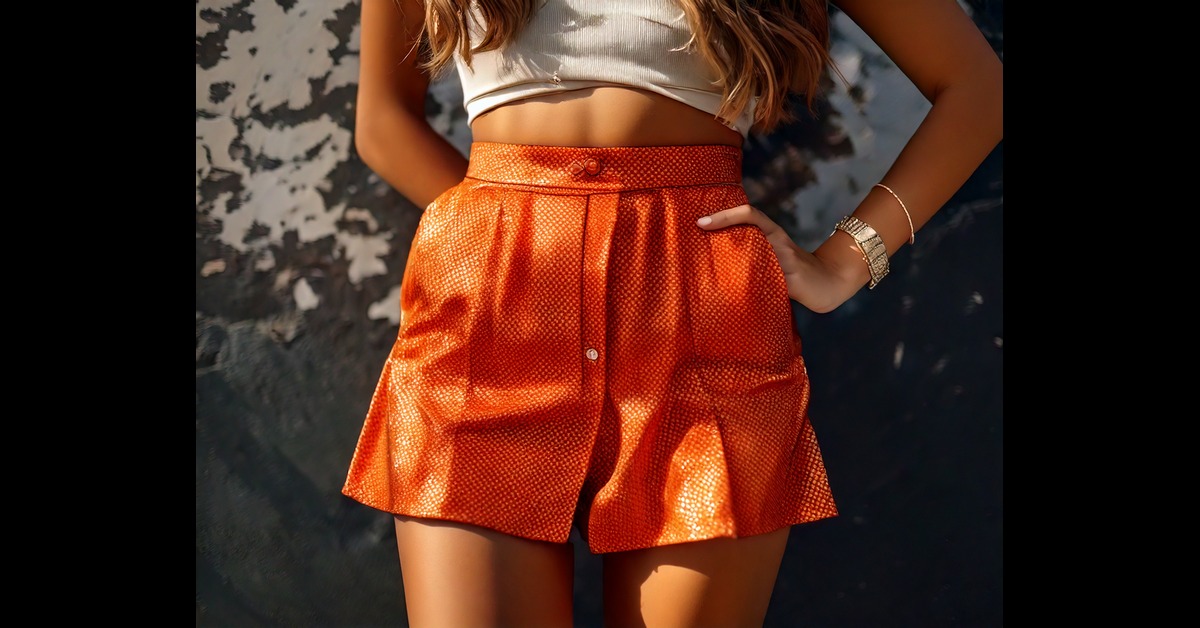Hiking is one of the most rewarding activities out there. It gives you a reason to get close to nature and spend quality time with your loved ones. Plus, you get health benefits as a bonus. Anyone that is able to go hiking should.
However, this relaxing and healthy hike can quickly turn into a dangerous ride if you are not prepared properly. This preparation comes in many forms, gear, food & water, and the topic of this guide, clothes. So, what to wear for a hike? Let’s find out.
What To Expect In This Article?
The Basics of Hiking Wear
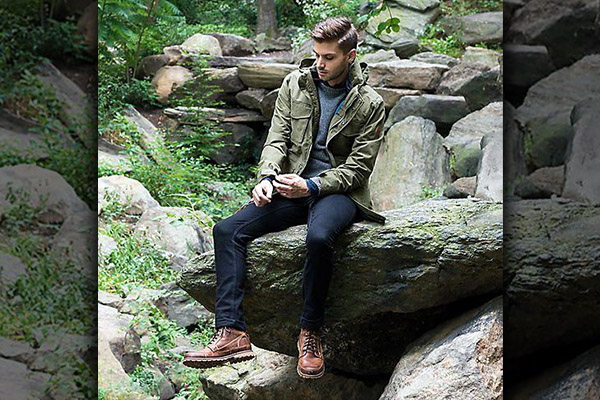
Before we further dive into the specific clothes you should wear and how sports luxe is the ideal style for hiking theme, it is important to understand the basics of hiking wear. There are three main principles you have to know about.
Safety
The first factor in choosing clothes for hiking is your safety. This includes safety from the weather, as well as other elements like injuries from falling, etc. The exact clothing you’ll choose will depend heavily on the area you’re hiking in. Let’s say you’re hiking in an area with a lot of insects and in the winter. In this particular case, you’d have to wear full-length pants (with insect repellent if possible) and a pair of warm leggings underneath the pants.
Comfort
The comfort of your clothing is another critical factor that you have to consider before making a final decision. Luckily, there aren’t many variables to take into account. Just know that you do not have to wear anything you’re not comfortable with. The purpose of a hike is to have a good time, and uncomfortable clothes won’t let you achieve that. So, if a bomber jacket is not to your taste, opt for a motorcycle jacket and so on.
Utility
This factor is not as critical as the other two, but wearing clothes that have more uses than just hiking is the better option. It will save you the hassle of changing in and out of your “hiking clothes.” Wearing stuff on your hiking trips that you can wear as normal clothes is the more economical option as well.
If you’re looking for clothing items that fit this purpose perfectly, then the athleisure style is the right way to go.
Hiking Clothes for Different Seasons
Now that you have a better idea of what makes a piece of clothing the right option for hiking, it is time to look at some suggestions. While we can categorize these suggestions in many ways, the best one is to go by the season. Take a look.
What to Wear Hiking In Spring
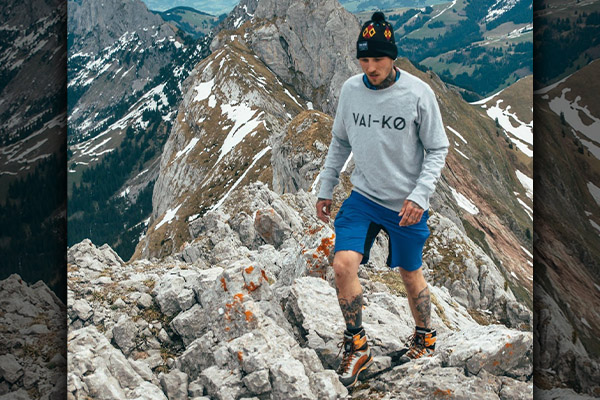
Spring is right in between winter and summer, and your hiking clothes should reflect exactly that. There is no need to wear multiple layers of warm clothes anymore, but you cannot go out hiking in just a white t-shirt either. The best advice would be to look up the weather and temperature of your planned hiking day and plan accordingly. If you don’t know where to get started with spring hiking clothes, then make a nice swimsuit the base of your outfit, and expand from there.
What to Wear on A Winter Hike
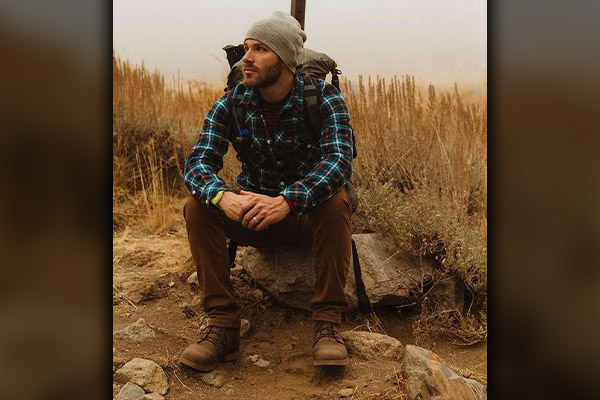
Hiking in winter is incredibly fun. You don’t have to worry about sweating, and the cool winter air is refreshing. However, it can also appear extremely daunting if you’ve never done it before. Especially since there are so many risks involved with hiking in winter. Luckily, most of these risks can be eliminated by dressing properly.
Focus on Layers
The key to enjoying a winter hike is to layer up. If it isn’t that cold outside, then something like a simple puffer jacket will work just fine. They provide ample warmth and decent protection from the wind. However, if it is cold enough to snow, then you should add one or two more layers to your outfit, depending on the temperature. Turtlenecks are a great option as they also look great, and windbreaker jackets are perfect for blocking wind. Also, investing in proper thermal wear is not a bad idea if you regularly go on hiking trips in winter.
Footwear and Accessories
The Winter season is often accompanied by slippery and wet trails. So, wearing grippy climbing shoes with woolen hiking socks is the best option. As for the accessories, beanies, masks, gloves, and UV sunglasses are a must.
Insects and Rain
Witnessing nature bloom at its best in spring is breathtaking. But this beauty is soon watered down by annoying or even dangerous bugs and the random chance of rain in many areas. For both of these issues, wearing a pair of hiking gaiters is highly recommended. They will prevent any insects or mud from getting on your pants or into your shoes. Also, don’t forget to wear a water-resistant puffer jacket if there is any chance of rain.
Hiking Clothes for Summer
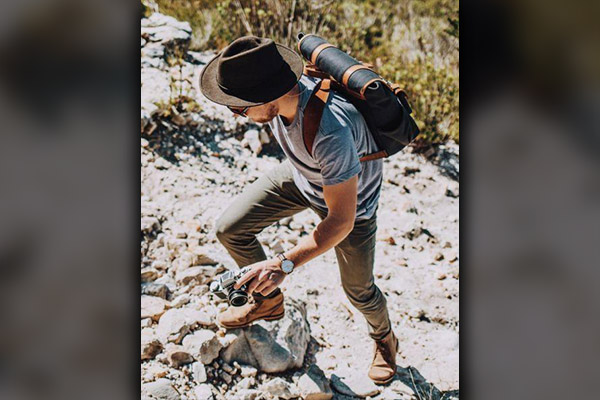
For many, summer is the best season for hiking. The sun is in full force, and everything is nice and bright. But heat is heat, no matter how much you like it, and dressing accordingly is the key to successful hikes in summer.
Summer Hiking Essentials
Your main focus when choosing outfits for summer hikes should be on lightweight fabrics and breathability. T-shirts, joggers, and knee-high shorts are the right way to go. Just make sure the clothes you choose are light-colored, as darker shades tend to absorb more heat in the sun. For a stylish edge on cooler summer days or early mornings, consider layering with a lightweight biker leather jacket—it adds a rugged vibe without compromising comfort. Additionally, a hat to block out the sun and a water bottle are must-have essentials for your gear.
How to Manage Sweat
One of the biggest hurdles standing between people and their desire to hike in summer is sweat. Even if you don’t sweat much on normal days, a hike will get you dripping. Luckily, there are ways to get around this issue and manage the sweat problem. These solutions include stuff like wearing loose-fitting clothing, using sweat-preventing powder and rocking sweatbands on the arms. Bandanas hold the same use as sweatbands but for your head.
What to Wear Hiking in the Fall
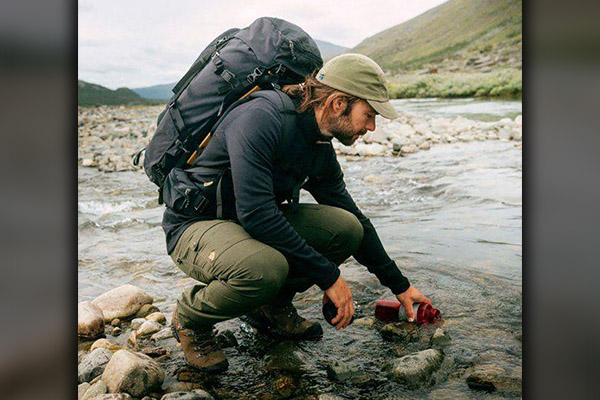
Hiking in the fall is all about enjoying the cold winds of the upcoming winter. However, just because you can enjoy them doesn’t mean exposing your body to them is a good idea. So once again, you have to think in layers. Your innermost layer should consist of a thin breathable sweatshirt. The middle layer is for vests and other fall jackets that provide adequate warmth. Lastly, a rain jacket on top will be a good idea to keep yourself dry.
Building A Hiking Wardrobe
Now that you have a better idea of what types of clothes to wear in each season and weather conditions, it is time to look at specific clothing examples. These are the clothing items you need to build a complete hiking wardrobe. You can then combine these items to create ideal outfits for all kinds of situations.
Shirts
Shirts are the easiest item to choose for your hiking wardrobe since most of them will be covered by jackets and other outerwear layers. Flannels, sweatshirts, crewneck t-shirts, and V-necks are all viable options. Though, you’ll only be able to wear lightweight t-shirts/V-necks in summer. Other than that, you can wear pretty much any shirt on any hike.
Pants
Choosing pants for hiking is the complete opposite prospect of shirts. You cannot just wear any pants on any hiking trip. You have to choose the right pair according to the weather, temperature, and the terrain you’d be hiking. For example, a pair of high-top jeans is great on a warm summer day, on a wide dry trail. However, that same pair of jeans would be a terrible idea for a cold and humid hike through a narrow forest trail. That being said, sweatpants, hiking pants, denim shorts, cargo shorts, and jeans are all a must-have in your hiking wardrobe.
Outerwear
Outerwear is most likely the most important part of a hiking wardrobe. We’ve said it many times before, but the importance of layers in hiking clothes cannot be overstated. Ideally, you want to own one lightweight but warm upper, one very warm winter jacket, one wind-blocking jacket like the leather ones, and one completely water-resistant option similar to a rain jacket.
If your budget for the hiking wardrobe only allows one piece of outerwear, then we recommend going with a leather jacket. It will protect you from wind, light rain, and slightly cold temperatures.
Footwear
Hiking footwear is where you have the least amount of choice. Your sole focus should be on your comfort and speed, and everything else comes after that. So, the best option for hiking footwear is sports shoes. Also, make sure that the shoes you buy are high-quality. The last thing you want in the middle of a hiking trip is for one of your shoes to break open.
Frequently Asked Questions
These are the most frequently asked questions regarding what to wear hiking and how to wear it.
Your hiking clothes should be comfortable, durable, and protective. This protection can mean anything from weather like the cold to other external factors like insects, all depending on your situation
. Additionally, you don’t have to wear anything that you’re not comfortable with. You can have the best hiking suit in the world, but it is useless if you’re not comfortable in it.
Choosing the right clothes can take a lot of time and effort for beginner hikers. Luckily, you can cut down a lot of this time by following a structure. This includes observing the season, the weather on your hiking day, and the area you would be hiking in. Combining all of these factors will rule out clothes that you cannot wear and will highlight the ones you can.
Though, if you’re going on a hiking trip without much preparation, then a pair of blue jeans, a basic T-shirt, and a pair of quality leather sneakers should work fine. You can also wear a layer of a woolen sweater and leather jacket if it is cold outside.
The pants you wear for hiking should protect you from the weather as well as physical threats. One thing that not many people consider is the injury protection of the pants. For example, a pair of proper hiking pants will protect you from scraping your knee if you have a fall during the hike, but a pair of thin chinos won’t help at all in that regard. So, in short, denim and cargo shorts for the summer and hiking pants and jeans for all of the other seasons are the way to go.
If you’re comfortable walking long distances in jeans, then yes, it is completely OK to wear a pair of jeans to a hike. Besides, jeans are great for injury protection, they are slightly water-resistant, and they offer decent amounts of protection from the cold of the winter or the scorching heat of the sun.
The only thing you have to look for when wearing jeans to a hike for the first time is your comfort. You might think that you’re comfortable in them, but unless you have previous experience of walking long distances in jeans, there is no way to tell for sure. Ideally, you should stay focused on how the jeans feel and cut the hike short if you start feeling discomfort.
Yes, they are. In fact, sweatpants are fantastic options for hiking as they are extremely soft and comfortable, durable, and fit in with the workout aspects of a hike. Additionally, sweatpants are loose enough that you can wear a pair of warm leggings underneath for added cold protection.
Final Words
Hiking is fun as long as you do it right, and a major factor in doing it right is wearing the correct clothing. The answer to “what to wear hiking” might seem very complicated at first. But all you have to do is take an analytical look at situations surrounding a hiking trip (weather, area, etc.), and you’ll be able to easily determine what to wear on that specific hike.

